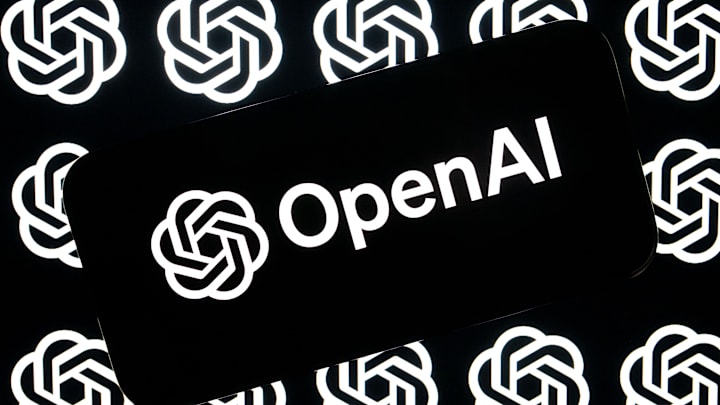Artificial intelligence (AI) seems to be making its way into everything these days, from our browsers to our smartwatches. It can be quite helpful for everything from helping you write an email to creating images, but it also has some limitations. Learning those limitations can help minimize incorrect responses and wasted time, and one thing it seems to be weak on is math. Keep reading to find out why.
Understanding AI’s Strengths
AI models, including ChatGPT, are primarily designed for natural language processing (NLP). Programmers train them using large amounts of text, much of which comes from the internet, which enables them to generate human-like responses that are relevant and in the context of your query. This strength in language understanding makes AI an excellent tool for answering questions, writing essays, or engaging in discussions on various topics.
However, the nature of this training also means that an AI model’s mathematical abilities are not its primary focus.
Can AI Perform Basic Math?
AI can do simple math, and simple addition, subtraction, multiplication, and division are within its skill set. Still, it can make mistakes, especially with larger or more complex numbers, because the AI isn’t performing calculations and is instead generating answers based on patterns it recognizes from training.
Challenges with Complex Math
Once you move beyond simple math into more complex problems, like algebra and calculus, the limitations of AI quickly become noticeable. These tasks often require an understanding of underlying mathematical principles and the ability to apply them, which large language models don’t have training for.
While AI can sometimes correctly solve such problems, its reliability decreases as the math becomes more complex. For tasks like multivariable calculus, differential equations, or advanced statistics, specialized software like MATLAB or Mathematica, or even a human mathematician, would be more appropriate.
The Role of AI in Math-Related Tasks
While AI may not replace calculators or specialized software for performing accurate calculations, it can still play a useful role in math-related tasks.
- AI can help break down and explain complex mathematical concepts in a way that is easy to understand, making it a useful tool for learning and tutoring.
- It can generate math problems for students to practice, although it’s better to use something else to check the answers.
- For students or professionals writing papers that involve math, AI can help articulate the reasoning and steps in a problem, even if it doesn’t perform the calculations itself.
Follow GeekSided to learn more about AI and to leave comments and questions.
